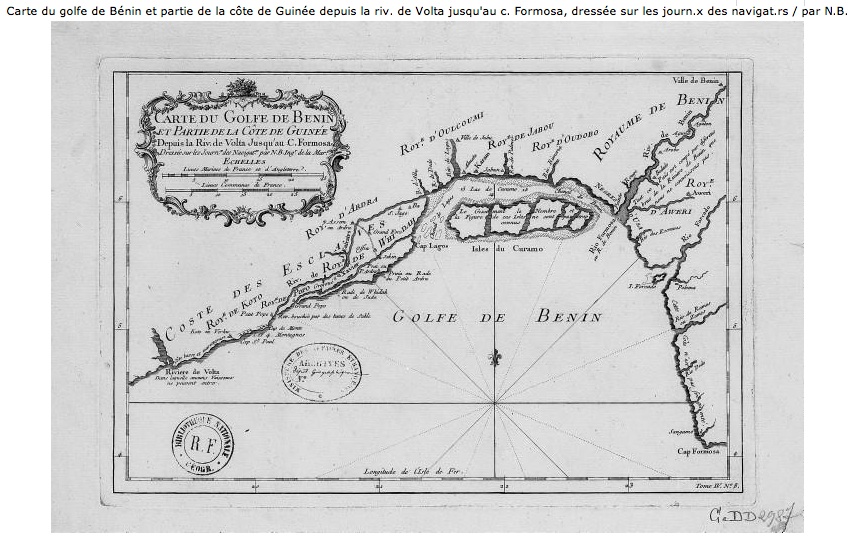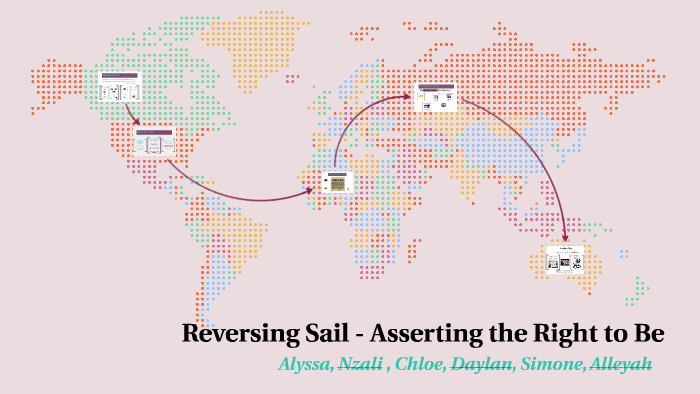


The author illustrates “Scholars of American history have long understood that discussions of the African American experience must begin with a consideration of people and cultures and developments in Africa itself, before the rise of American Slavery and the transatlantic slave trade, to deliberate the notion that black folk, prior to their experiences in the Americas, had no history worthy of the name.” (Gomez 7)įurthermore, ancient Egyptians (Kemetians) are represented in popular films and media they are not referred to as “African” or “Black.” Gomez then clarifies “A brief consideration of ancient Africa, especially Egypt, Nubia, and Ethiopia, remains important for at least two reasons: First, it contextualizes the discussion of subsequent developments largely inaugurated with massive trades in African captives. Clair Drake, who likewise embraced the idea that ancient Egyptian and Nubian societies were related to those toiling in American sugar cane and cotton fields.” (Gomez 7)Īlso, in chapter one Gomez explains, before the American slavery and transatlantic trade there was previous history in respects to Africans. Gomez also integrates “These early thinkers, uninformed about the greatness of West and West Central African civilizations…in so doing, they anticipated the subsequent writings of scholars like W.E.B.

Gomez, describes the early antiquity and the role of Africans in the bible, because today the bible does not include the African American involvement. In the novel “Reversing Sail a History of the African Diaspora” written by Michael A.


 0 kommentar(er)
0 kommentar(er)
